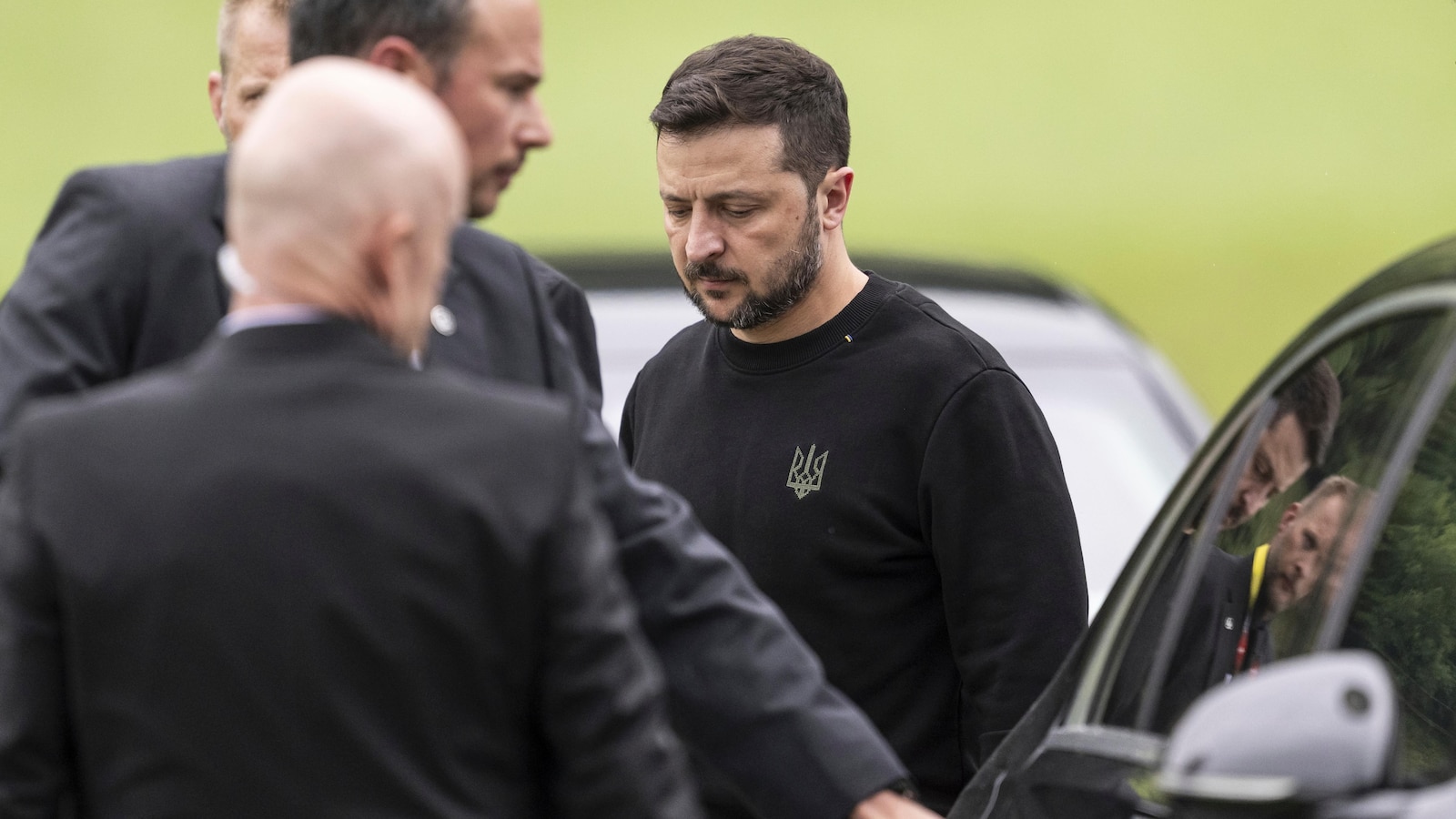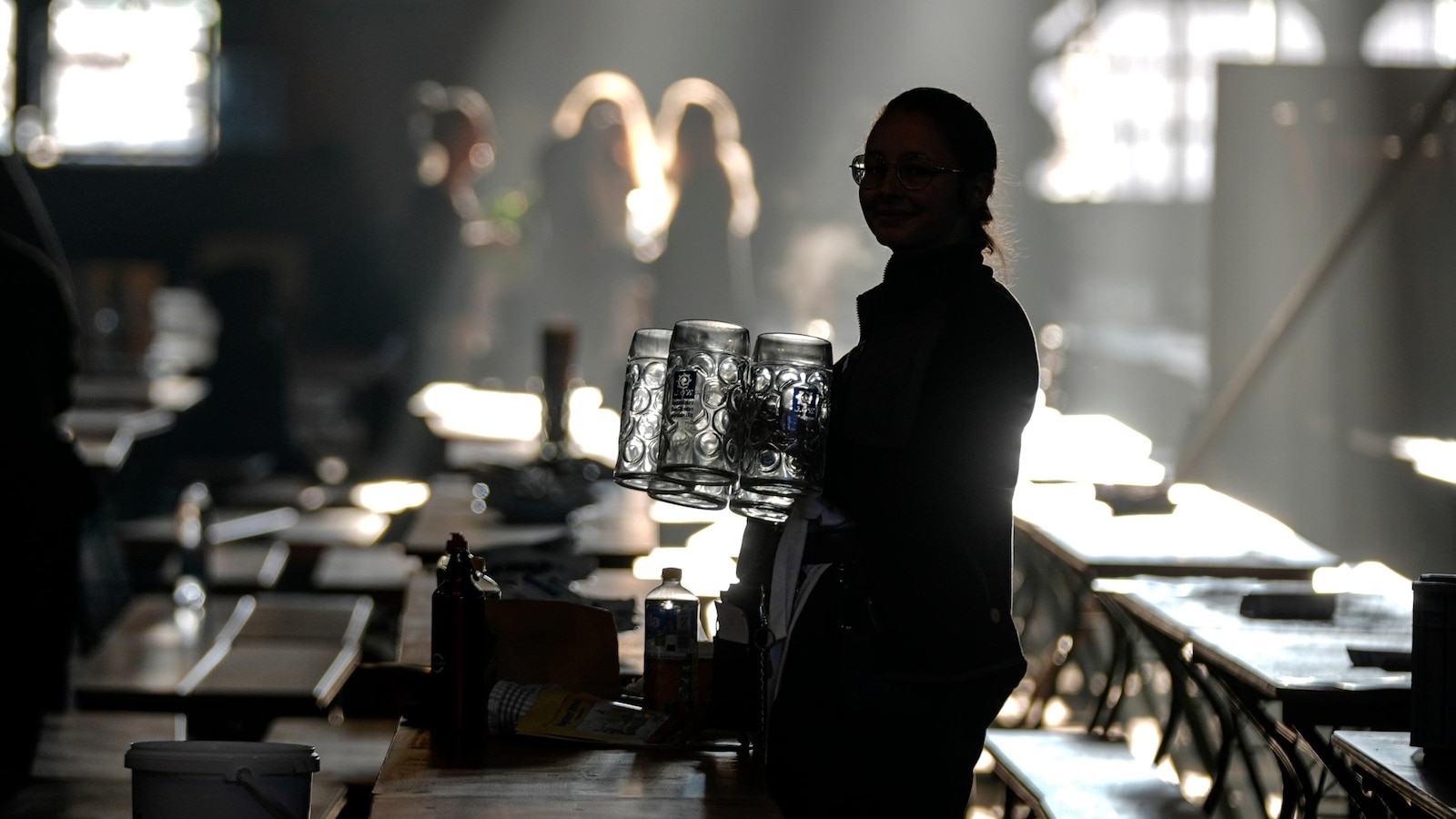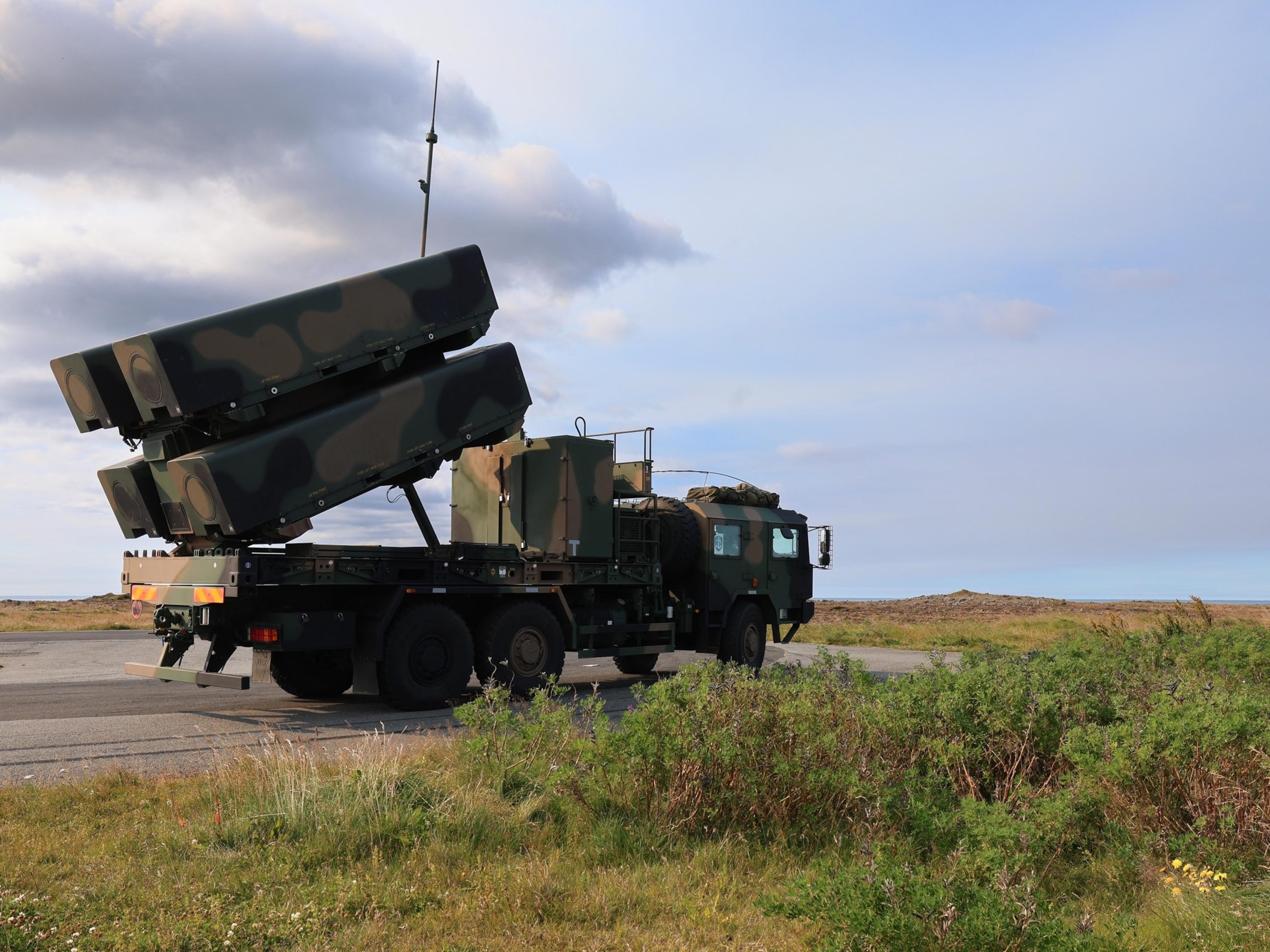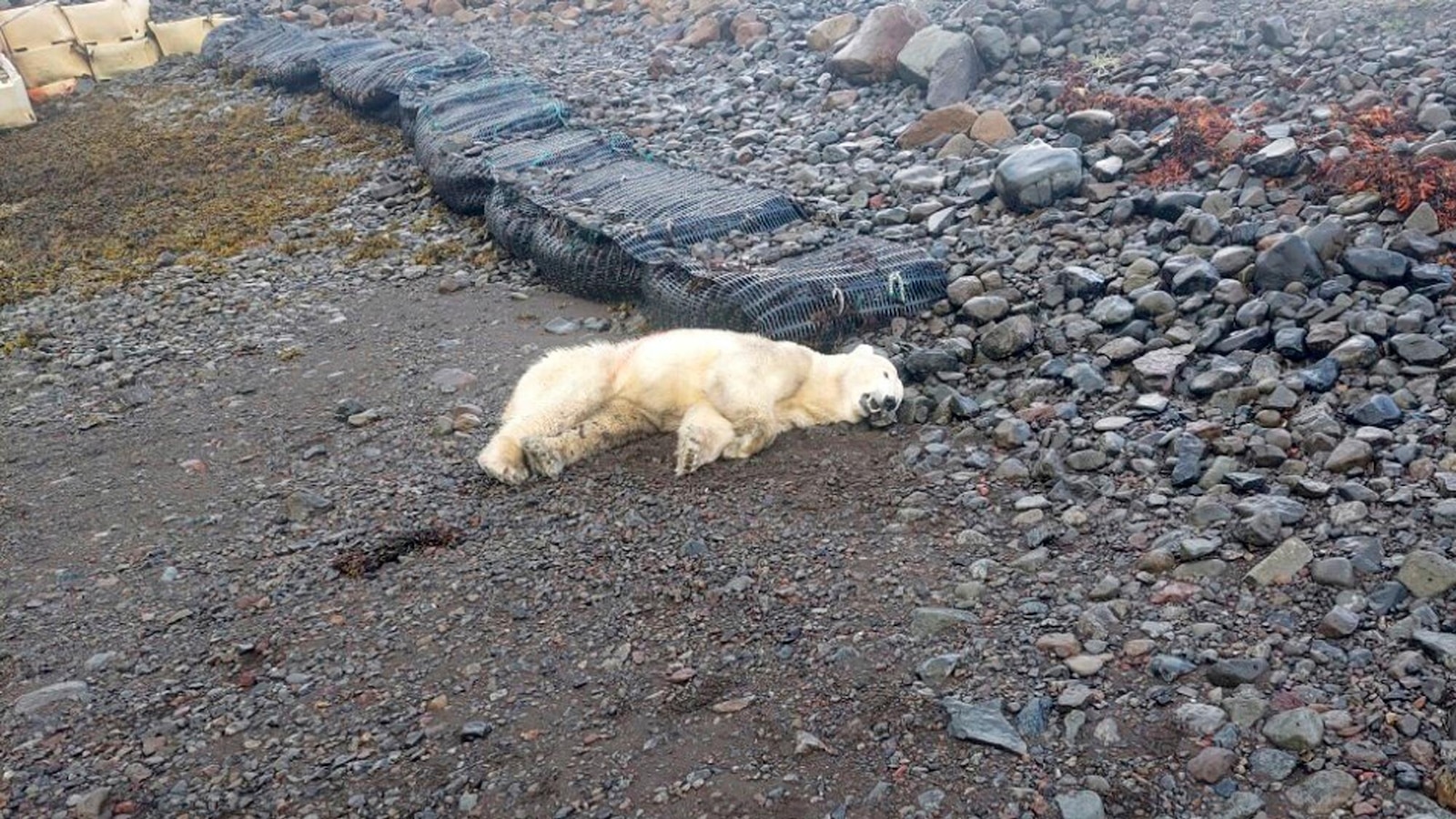
GENEVA — The presidents of Ecuador, Ivory Coast, Kenya and Somalia will join many Western heads of state and government and other leaders at a conference this weekend aimed to plot out first steps toward peace in Ukraine – with Russia notably absent.
Swiss officials hosting the conference say more than 50 heads of state and government, including Ukrainian President Volodymyr Zelenskyy, will join the gathering at the Bürgenstock resort overlooking Lake Lucerne. Some 100 delegations including European bodies and the United Nations will be on hand.
Who will show up – and who will not – has become one of the key stakes of a meeting that critics say will be useless without the presence of Russian President Vladimir Putin’s government, which invaded Ukraine in February 2022 and is pushing ahead with the war.
U.S. Vice President Kamala Harris is set to attend while Turkey and Saudi Arabia have dispatched their foreign ministers. Key developing countries like Brazil, an observer at the event, India and South Africa will be represented at lower levels.
China, which backs Russia, is joining scores of countries that are sitting out the conference, many of whom have more pressing issues than the bloodiest conflict in far-away Europe since World War II. Beijing says any peace process needs to have the participation of both Russia and Ukraine, and has floated its own ideas for peace.
Zelenskyy recently led a diplomatic push to draw in participants.
Russian troops who now control nearly a quarter of Ukrainian land in the east and south have made some territorial gains in recent months. When talk of a Swiss-hosted peace initiative began last summer, Ukrainian forces had recently regained large swaths of territory, notably near the cities of southern Kherson and northern Kharkiv.
Against the battlefield backdrop and diplomatic strategizing, summit organizers have presented three agenda items: nuclear safety, such as at the Russia-controlled Zaporizhzhia power plant; humanitarian assistance and exchange of prisoners of war; and global food security — which has been disrupted at times due to impeded shipments through the Black Sea.
That to-do list, encapsulating some of the least controversial issues, is well short of proposals and hopes laid out by Zelenskyy in a 10-point peace formula in late 2022.
Putin’s government, meanwhile, wants any peace deal to be built around a draft agreement negotiated in the early phases of the war that included provisions for Ukraine’s neutral status and limits on its armed forces, while delaying talks about Russia-occupied areas. Ukraine’s push over the years to join the NATO military alliance has rankled Moscow.
With much of the world’s focus recently on the war in Gaza and national elections in 2024, Ukraine’s backers want to return focus to Russia’s breach of international law and a restoration of Ukraine’s territorial integrity.
The International Crisis Group, an advisory firm that works to end conflict, wrote this week that “absent a major surprise on the Bürgenstock,” the event is “unlikely to deliver much of consequence.”
“Nonetheless, the Swiss summit is a chance for Ukraine and its allies to underline what the U.N. General Assembly recognised in 2022 and repeated in its February 2023 resolution on a just peace in Ukraine: Russia’s all-out aggression is a blatant violation of international law,” it said.
World leaders from around the globe gathered at the Swiss resort of Davos for discussions on the ongoing crisis in Ukraine. The absence of Russian President Vladimir Putin was notably felt, as tensions between Russia and Ukraine continue to escalate.
The annual meeting in Davos, known as the World Economic Forum, brings together political and business leaders to discuss pressing global issues. This year, the focus was on finding a peaceful resolution to the conflict in Ukraine, which has been ongoing since Russia annexed Crimea in 2014.
The absence of Putin at the talks was seen as a setback, as many believe that Russia plays a key role in finding a solution to the crisis. However, Ukrainian President Volodymyr Zelensky was in attendance and urged world leaders to take a firm stance against Russian aggression.
Zelensky called on the international community to support Ukraine in its efforts to defend its sovereignty and territorial integrity. He emphasized the need for a united front against Russian aggression and called for increased sanctions on Russia to pressure them into ending their support for separatist forces in eastern Ukraine.
Other world leaders echoed Zelensky’s sentiments, with German Chancellor Angela Merkel and French President Emmanuel Macron expressing their support for Ukraine and calling for a peaceful resolution to the conflict. Merkel emphasized the importance of diplomacy and dialogue in resolving the crisis, while Macron stressed the need for all parties to respect international law.
Despite the absence of Putin, discussions at Davos were productive, with world leaders reaffirming their commitment to finding a peaceful solution to the crisis in Ukraine. The talks highlighted the importance of international cooperation and diplomacy in resolving conflicts and maintaining global stability.
As the discussions in Davos continue, the world will be watching closely to see if any progress is made towards ending the conflict in Ukraine. The absence of Russia’s leader may have been felt, but the determination of world leaders to find a solution remains strong. Only time will tell if these talks will lead to a breakthrough in the ongoing crisis.


